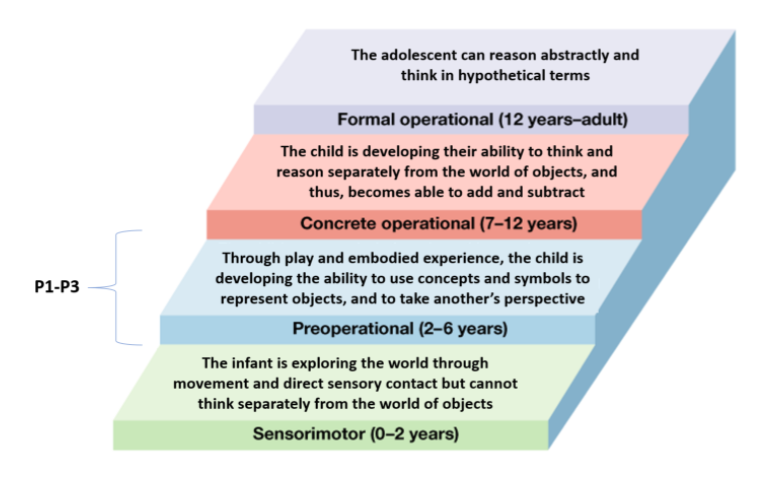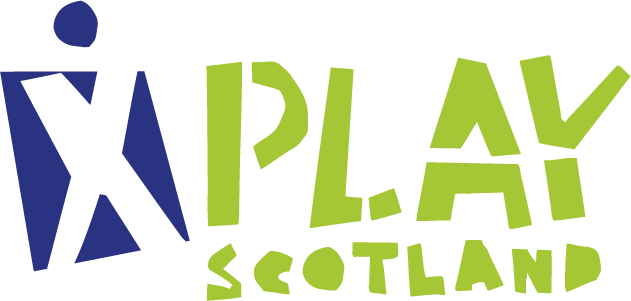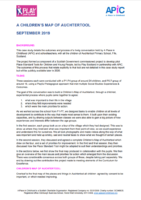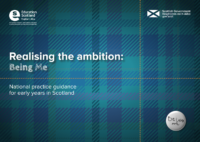Education is about setting our children up for life in the 21st century. Play, meanwhile, is how we naturally make sense of the world and adapt to new situations.
Playful Pedagogy puts play experience as central to learning, giving pupils the flexibility to find their own solutions to both new and existing problems. It engages children in personally meaningful activities, learning about themselves and others, and encourages autonomy and motivation.
This evidence-backed approach to teaching and learning has five aspects which help children flourish: Active Learning; Social Interactive; Iterative; Joyful; and Meaningful.
Health and Wellbeing
Play is a foundation of Health and Well-being, linking with all SHANARRI principles. Playful Pedagogy is especially linked with Active, Respected and Responsible as it tends to be more active than traditional approaches, gives children a chance to direct their own learning, and also to try on different roles and responsibilities. It helps link education with all aspects of the GIRFEC ‘My World Triangle’.
The Four Capacities
Playful Pedagogy fits neatly with the Scottish Government’s four capacities:
Successful Learners: Closing the attainment gap is a policy priority, and lack of play has been linked with poorer educational outcomes. Evidence shows the relationship between meaning and perception, developed through play, both underpins and contributes to formal learning and attentional development. P1-P3 spans a critical stage where through play, children develop the ability to think, reflect and reason, separately from the world of objects around them.

Confident Individuals: Social Determination Theory demonstrates that our confidence grows through tasks which support our autonomy, enable personally meaningful activity, and help us feel connected to others. Playful Pedagogy enables all of these as part of the formal learning process.
Responsible Citizens: Psychological theories tells us that play is fundamental to the development of social skills, perspective-taking, empathy, and understanding of social/cultural rules. Playful Pedagogy helps us understand our own and other people’s responsibilities.
Effective Contributors: Through Playful Pedagogy children learn to collaborate and cooperate with one another; this positive interdependence promotes learning and motivation. It has a particularly strong effect on children in need of additional support and works best when it involves pupils with adults and wider communities.
Learning for Sustainability
“Learning for Sustainability is a cross-curricular approach to creating coherent, rewarding and transformative learning experiences. It’s all about learners, educators, schools and their wider communities building a socially-just, sustainable and equitable society. It supports an effective whole-school and community approach by weaving together global citizenship, sustainable development education, and outdoor learning.”
Learning for Sustainability Webpage, Education Scotland
Through Playful Pedagogy, pupils engage in wide-ranging projects, learning about themselves, others, the place they live and their contribution to society now and in the future. It is very effective in aiding understanding of human rights, as embedded in the Curriculum for Excellence (CfE) and Rights Respecting Schools aims. For instance, through Playful Pedagogy, pupils are automatically introduced to Experience & Outcome (E&O) SOC 1-18a:
I have participated in decision making and have considered the different options available in order to make decisions.
The case study below shows how Playful Pedagogy can be used as part of wider, curriculum-embedded task that incorporates Learning for Sustainability and a variety of Social Studies E&Os.






